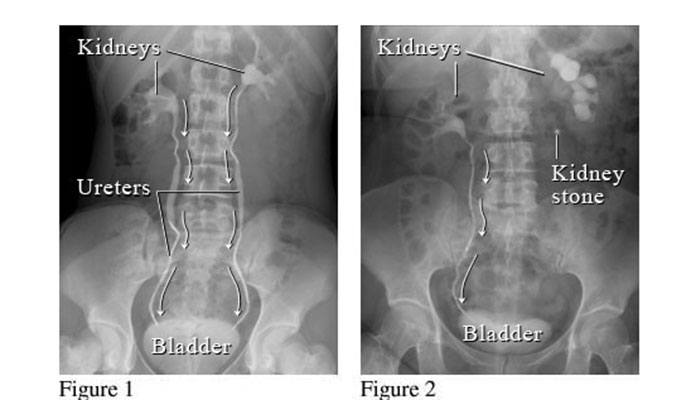Kidney stones are those hard mineral masses that form in the kidneys and other parts of the urinary tract. They trigger excruciating, sudden pain when you are urinating. This health condition affects around 10% of the general population. Once you have had one stone, it will increase the risk of having another in the next few years. Fortunately, a combination of lifestyle and diet changes, as well as some drugs, would help alleviate the symptoms. Let’s take a look at some treatment options and diagnosis methods for kidney stones.
Diagnosis of Kidney Stones
Imaging
Imaging tests are the best way to find out the presence of kidney stones in the urinary tract. Your doctor would perform some X-rays on the abdominal area to scan large masses. For smaller stones, dual-energy or high-speed computerized tomography can be a better choice. Another imaging technique is an ultrasound, which is a non-invasive test. An intravenous urography might also be needed. This process involves the injection of dye into your arm vein and the implement of CT images or X-rays when the dry moves along with the bladder and kidneys. [1]










